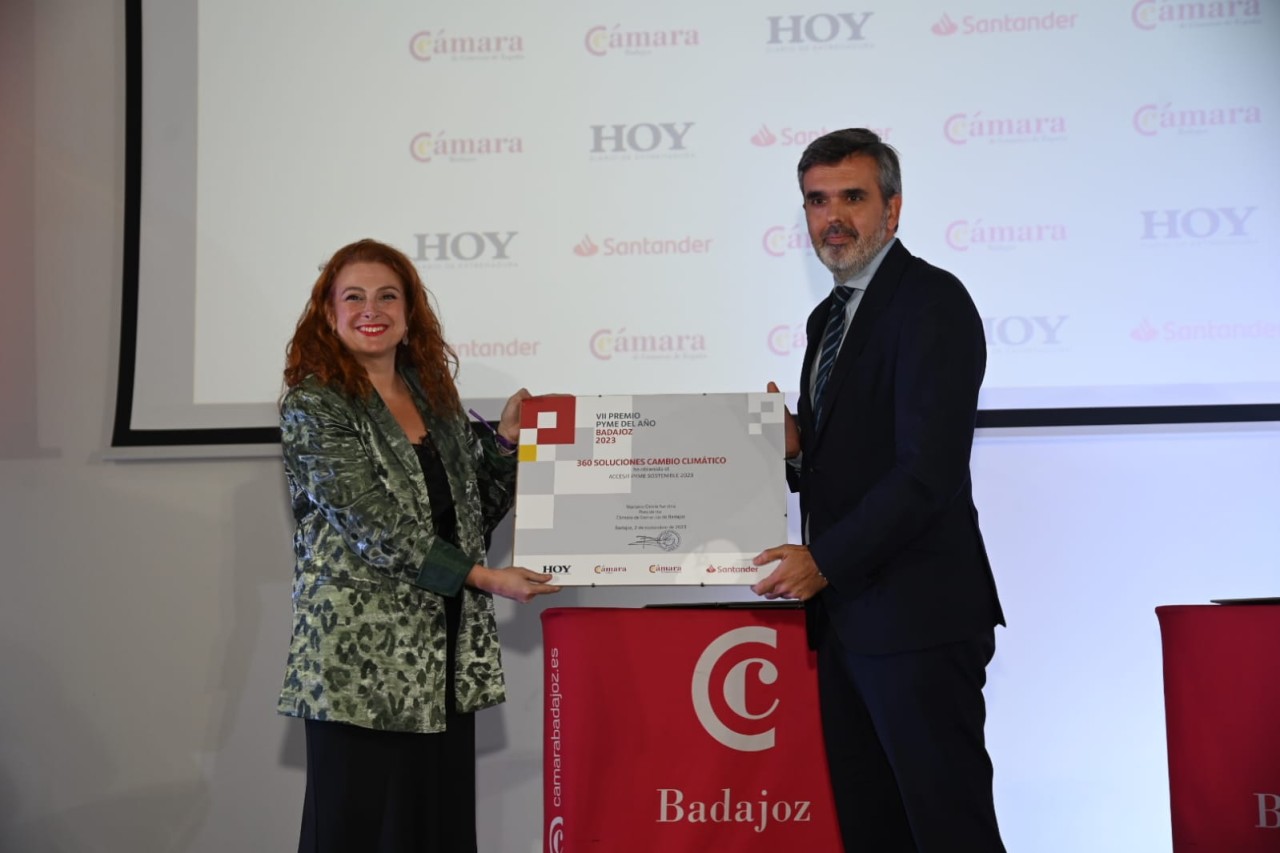
We are pleased to announce that the Compliance Report on the Do Not Significant Harm (DNSH) principle, developed by 360 Soluciones Cambio Climático for the 'Exemplar' project by INDLAB (Laboratorio Agroalimentario Industrial SL) in collaboration with CTAEX, has undergone rigorous verification by AENOR (Spanish Association for Standardization and Certification).
The "Exemplar" project represents a collaborative effort to advance sustainable research and development in the olive oil sector. The aim of the project is to obtain a reference material of natural origin for the sensory analysis of virgin olive oils with a single negative attribute. From the selection of microorganisms to the creation of the Reference Material, each phase has been designed with a proactive focus on minimizing environmental impacts.
The report justifies the development and execution of the project according to the DNSH principle: an ethical and environmental approach that seeks to ensure project activities do not cause significant harm to the environment. It involves adopting preventive measures to minimize negative impacts and ensuring that any impact is managed responsibly and sustainably, thereby contributing to sustainable development and the preservation of the natural environment.
AENOR's verification of the report we prepared is a testament to the dedication to transparency and quality in implementing sustainable development and social responsibility principles. The DNSH Compliance Report has undergone a thorough evaluation process, confirming that the efforts of INDLAB and CTAEX not only meet standard requirements but also excel in the practical application of ethical and sustainable practices.
We thank AENOR for its rigorous assessment process and reaffirm our commitment to continue providing technical support to initiatives that positively contribute to the environment and society.
Contact us to know more on our service for Evaluating the compliance with the DNSH Principle.



